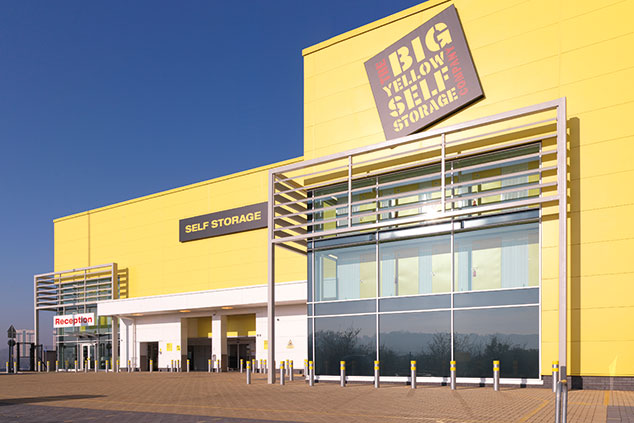
Storage-unit investment schemes have a terrible reputation. Dodgy set-ups promising “guaranteed” returns of up to 12% have lost people millions, often from their pension funds. But scams aside, reputable companies that run storage facilities in the UK could prove lucrative investments.
Across all UK real-estate investment trusts (Reits), self-storage was the best-performing asset class last year, according to real-estate services firm JLL. These listed property funds rent out lockers and self-storage units to businesses, who want the space to store excess stock, and individuals who need more space than is provided by their city apartments or have perhaps got carried away with the Marie Kondo decluttering movement.
“In dense urban centres such as London, shrinking dwelling space, coupled with a growth in demand for rental accommodation has led to an unprecedented proportion of people seeking external storage facilities”, noted JLL in October last year.
In 2018 it was estimated that there were 1,505 self-storage sites in the UK, offering approximately 44.6m sq ft of space, say the Self Storage Association and Cushman & Wakefield. The market continues to grow, but remains under-developed relative to the US and Australia. There is currently only 0.7 sq ft of storage space available per person, compared to 9.3 sq ft in the US and 1.8 sq ft in Australia. As it stands, the UK market is fragmented: four listed operators make up 18% of the sector, says JLL. However, expansion is coming from a combination of mergers and acquisitions, and development in London and the southeast, including customer-accessible sites as well as industrial sites.
Four big players
The 2018 revenues of Big Yellow Group (LSE: BYG) were up 7% on the year before, with average rent paid its tenants per sq ft up by 3%, and occupancy increasing to 81%. It has a “quality portfolio” and a five-star management team, noted JPMorgan Cazenove in November. Safestore Holdings’ (LSE: SAFE) net asset value (NAV) per share increased by 22.2% over 2018, with revenue up nearly 11%. It also has four new sites in the pipeline, spanning 210,000 sq ft.
Although Lok’nStore’s (LSE: LOK) portfolio has seen “solid” NAV growth recently, its shares still trade at a 2% discount to forecast NAV. It has also increased its banking facilities by around a third to £75m, giving it “plenty of firepower to enhance its portfolio further”, points out Investors Chronicle.
Finally, there is Shurgard (Brussels: SHUR). Europe’s largest self-storage company only floated in late 2018, so it is one to keep an eye on.